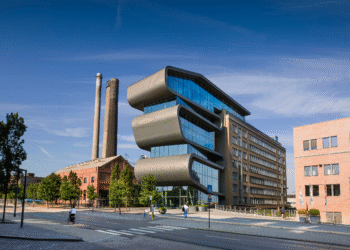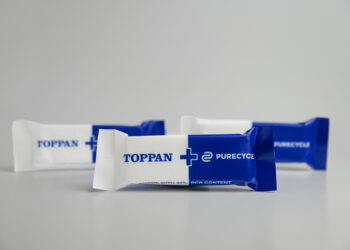New York’s City Council voted overwhelmingly to expand the city’s organic waste collection program, paving the way for outgoing Mayor Michael Bloomberg to further reshape the city’s waste collection services.
Passing by a vote of 41-1, the measure, once signed by Bloomberg, will lead to a voluntary residential organic waste collection program that will start within weeks and eventually service select neighborhoods in all five boroughs of the city. The legislation calls for the program to be rolled out no later than Oct. 1 and will run until at least July of 2015 with the city’s sanitation department leading the way in implementing and coordinating the pilot program.
The effort would expand on a pilot initiative that has offered food scrap collection to 1,000 single-family homes in Staten Island, and its goal is to expand organic collection to 100,000 households by June 2014.
If the program is a success, the sanitation department will be asked to outline plans to implement a citywide residential composting program, a prospect Bloomberg would like to see come to fruition and serve as a lasting legacy of his office. The mayor’s term ends at the end of this year.
Some recent reports have also indicated Bloomberg may soon propose legislation that would mandate food composting by hospitals and other major institutions in the city.
In June, Bloomberg unveiled a sweeping set of initiatives aimed at transforming the city’s waste collection services. Headlined by a “Recycle Everything” ad campaign, the initiatives targeted improvements within existing recycling services and the expansion of new programs, including composting.
Historically, New York City recycling rates have lagged in comparison to those of other major U.S. cities. Just 15 percent of the city’s overall waste stream is diverted while San Francisco and Seattle have reached recycling rates of 77 and 50 percent, respectively.




























